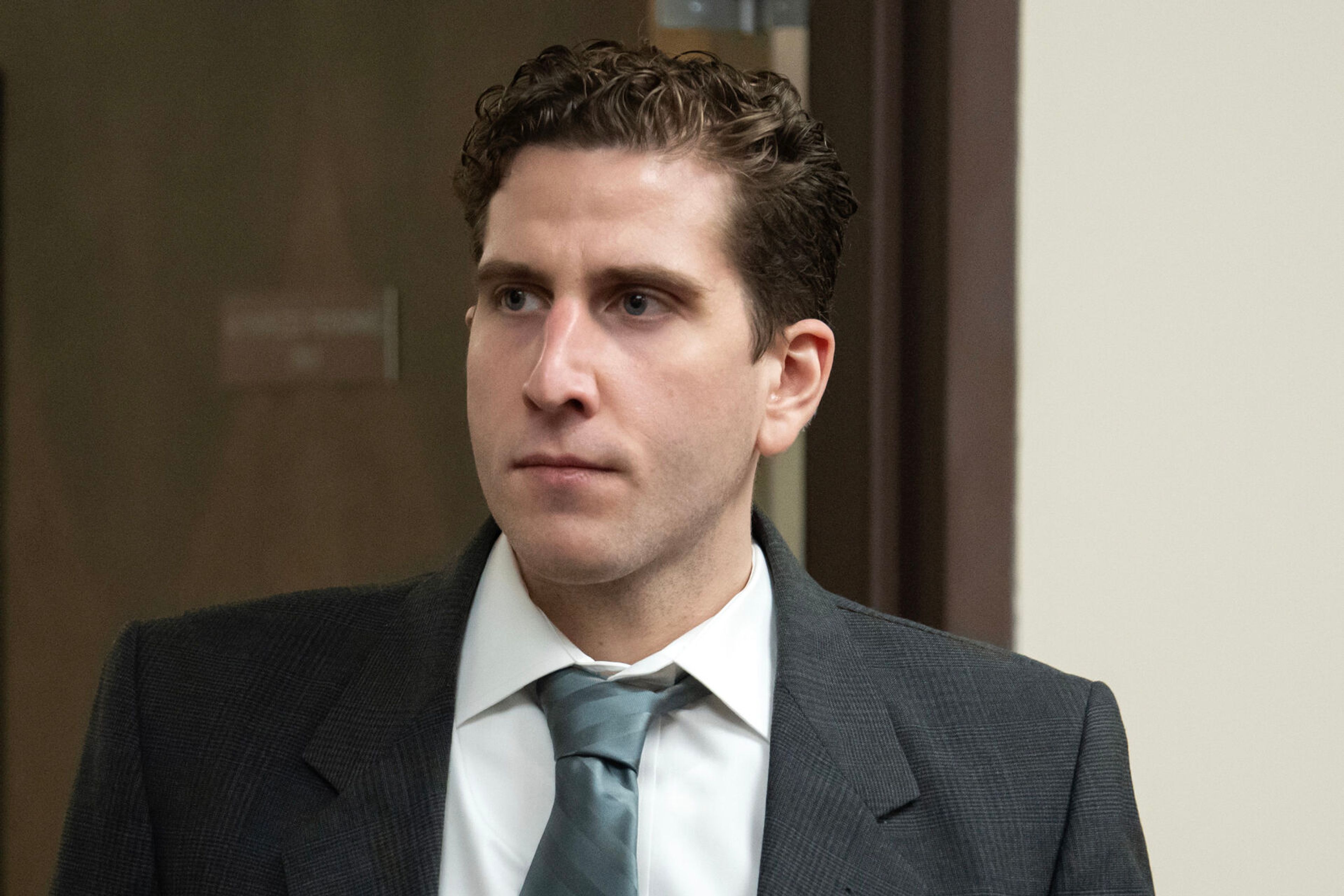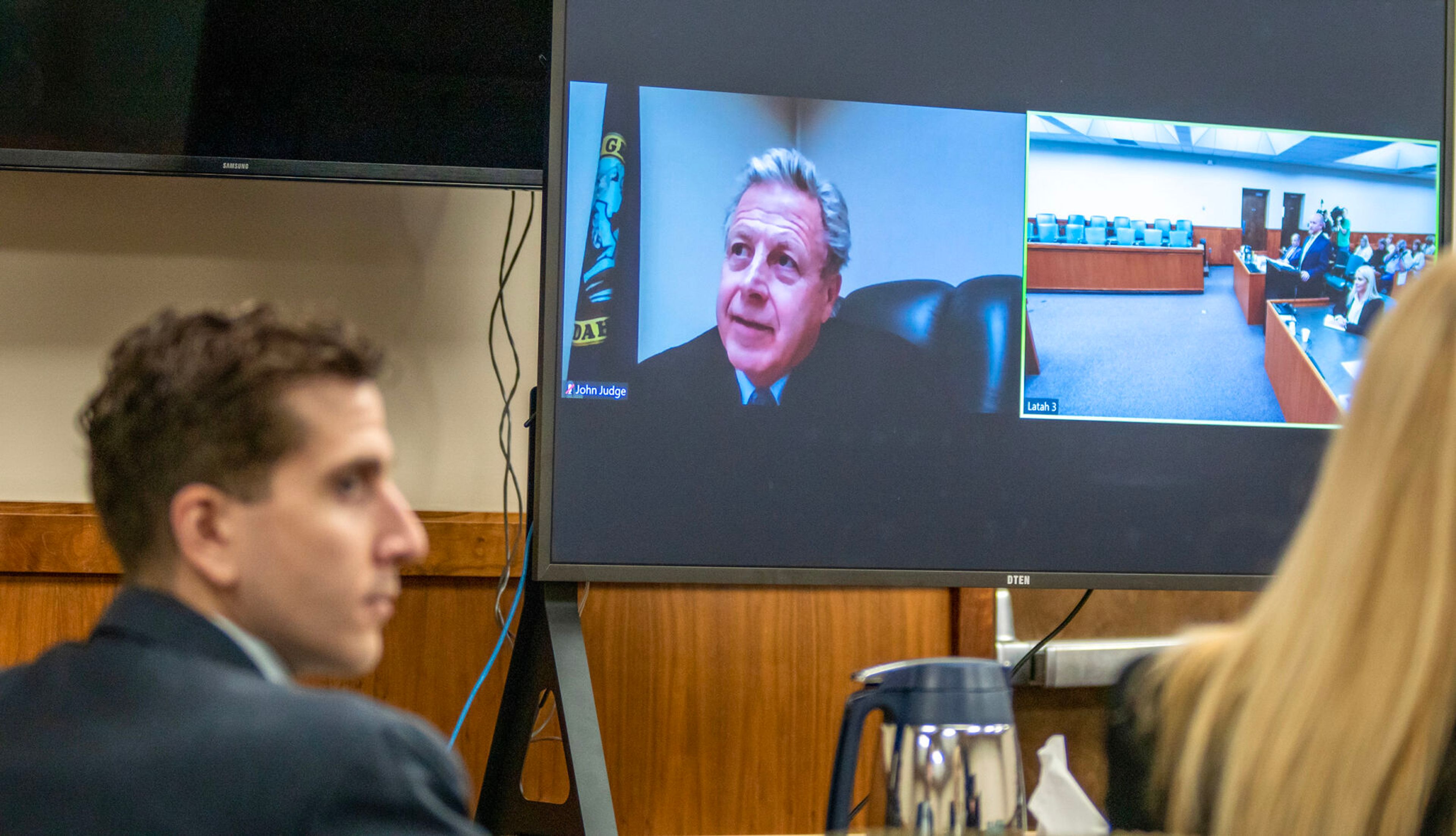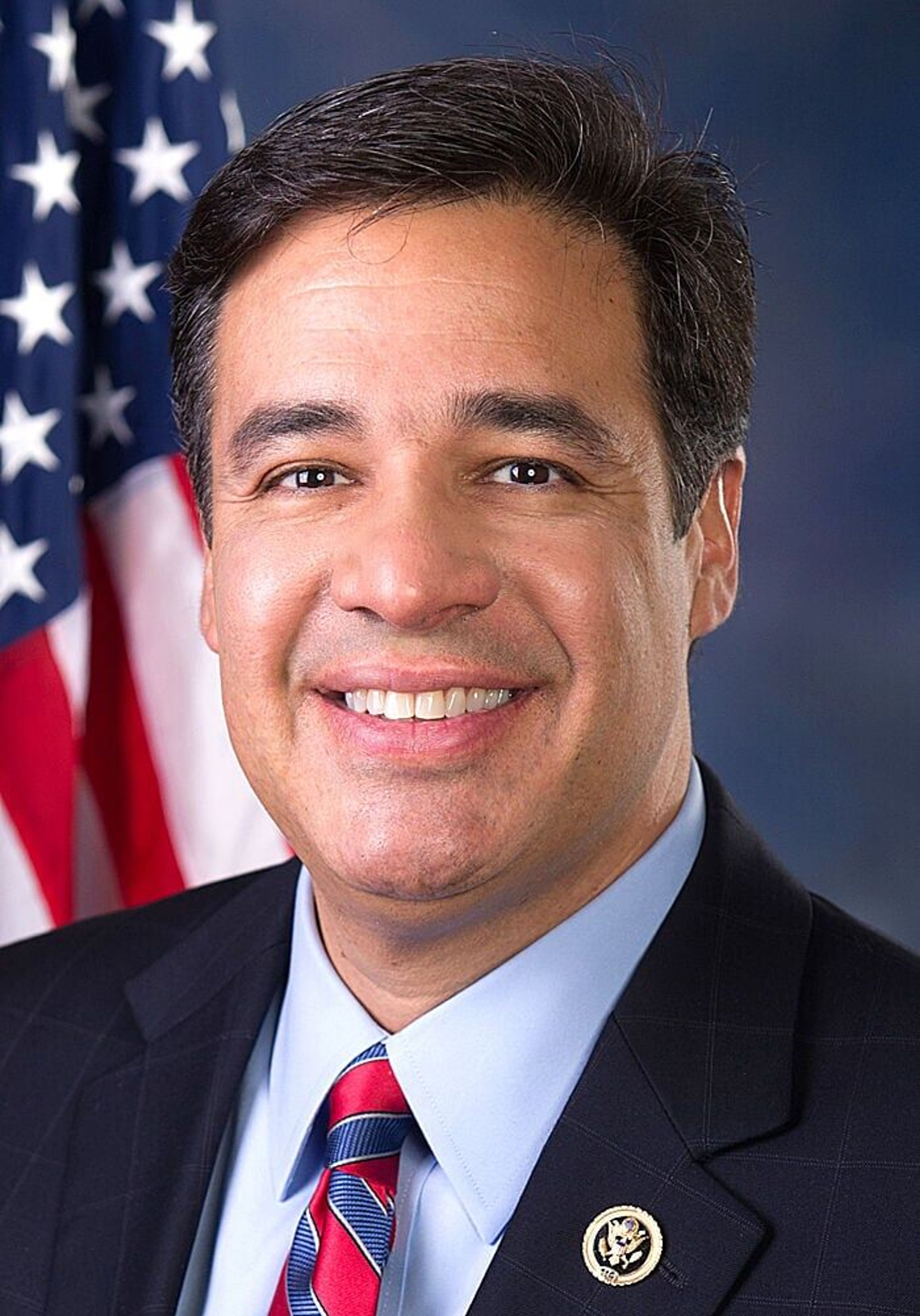Study: Marijuana legalization improves clearance rates for police
WSU professor says officers have more time to solve other cases
Marijuana legalization in Washington and Colorado has helped improve police clearance rates - or the number of cases solved, typically by the arrest of a suspect, said David Makin, assistant professor for the Washington State University Department of Criminal Justice and Criminology.
Makin said an officer could spend four to five hours on a marijuana possession case, but with the drug's legalization, officers can now spend that time on other cases.
Clearance rates were dropping for violent and property crimes in the two states before they authorized retail sales of marijuana late in 2012. Makin said rates then improved significantly in Washington and Colorado while remaining almost unchanged in the rest of the country, according to a study conducted by WSU researchers.
He said Washington has one of the highest property crime rates in the country, and the research showed significant improvements in clearance rates for those crimes, including burglaries and motor vehicle thefts.
"There's a relationship between the legalization and improvement in clearance rates," Makin said. "Now we want to know, more specifically, why."
In Pullman, reported drug/narcotic offenses have decreased significantly since 121 cases were reported in 2012, according to the Pullman Police Department's 2017 annual report. There were 46 in 2013, 79 in 2014, 86 in 2015, 60 in 2016 and 45 in 2017.
"What do you do with all that time?" Makin said. "Because you don't just stand around and wait, right? Police are inundated with calls for service. They are constantly busy."
PPD clearance rates for property crimes have increased since a 10 percent mark in 2012. Rates were 15 percent in 2013, 28 percent in 2014, 25 percent in 2015, 21 percent in 2016 and 16 percent in 2017.
Clearance rates for persons crimes, such as assault and intimidation and forcible sex offenses, have also increased since the 36 percent rate in 2012. It jumped to 61 percent in 2013, 57 percent in 2014, 46 percent in 2015, 63 percent in 2016 and 51 percent in 2017.
PPD Cmdr. Chris Tennant said marijuana legalization has drastically reduced the number of search warrants police have been able to serve and reduced their ability to enforce "harder drugs," such as cocaine and methamphetamine.
For example, Tennant said, prior to legalization, officers would respond to a noise complaint at a WSU Greek house and smell marijuana when residents answered the door. He said officers would warn the residents for noise, acquire a search warrant and, upon searching the house, would sometimes find those harder drugs. Tennant said officers would arrest those responsible and get the drugs off the street.
With the legalization of marijuana, Tennant said officers might warn residents for noise, but they usually cannot issue a search warrant if they smell marijuana since it is legal for those 21 and over.
"(Marijuana) was one we used to get our foot in the door, and we can't do that anymore," Tennant said.
Makin said he and other researchers received funding from the National Institute of Justice, an arm of the U.S. Department of Justice, to conduct three years of research on the impact of the legalization of marijuana on police practice. He said they are getting ready to start the third year, and they have more than a dozen studies touching on a range of topics regarding public safety.
"Marijuana legalization is a complex policy change," Makin said. "It's going to have ramifications across the entire system from public safety to public health. This is just one study trying to shine a light on legalization and what impact it had on public health and public safety."
Garrett Cabeza can be reached at (208) 883-4631, or by email to gcabeza@dnews.com.







